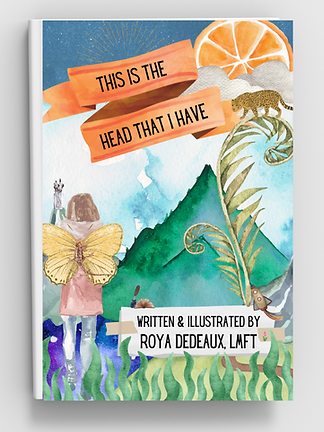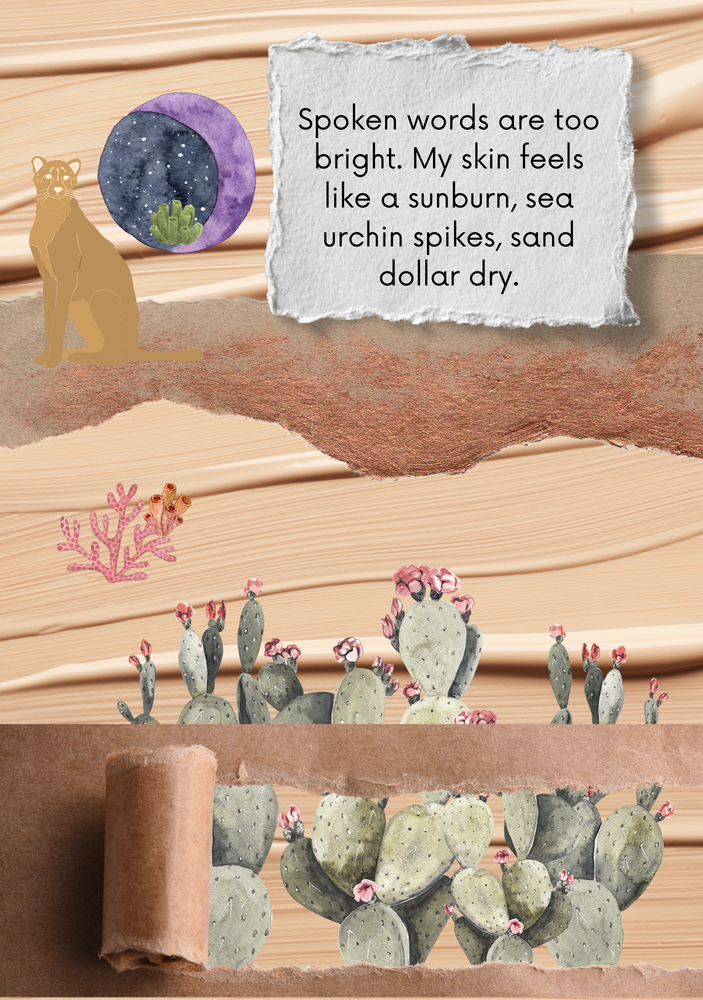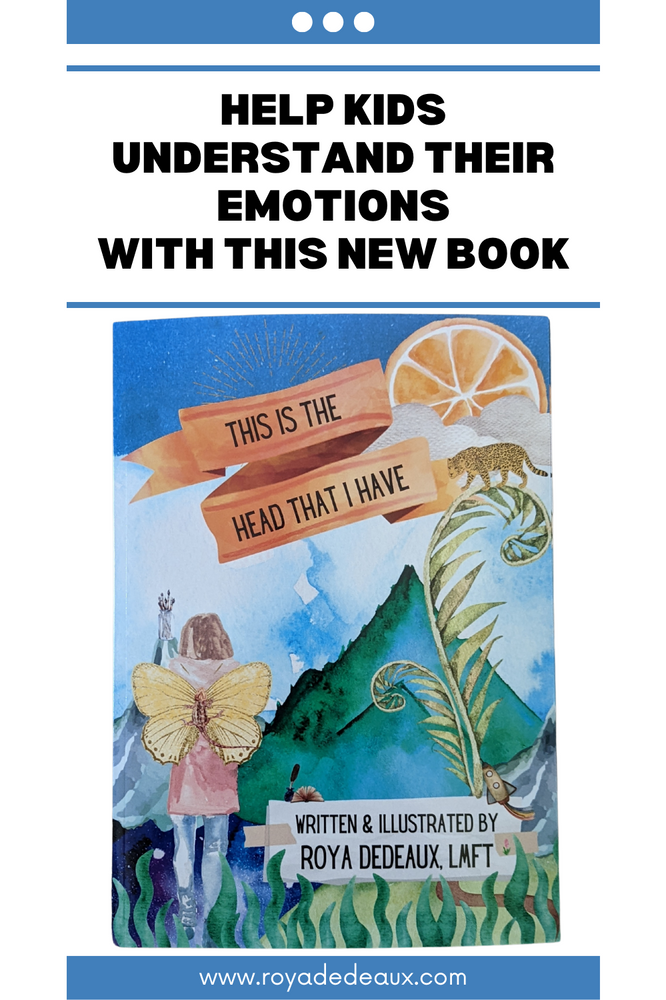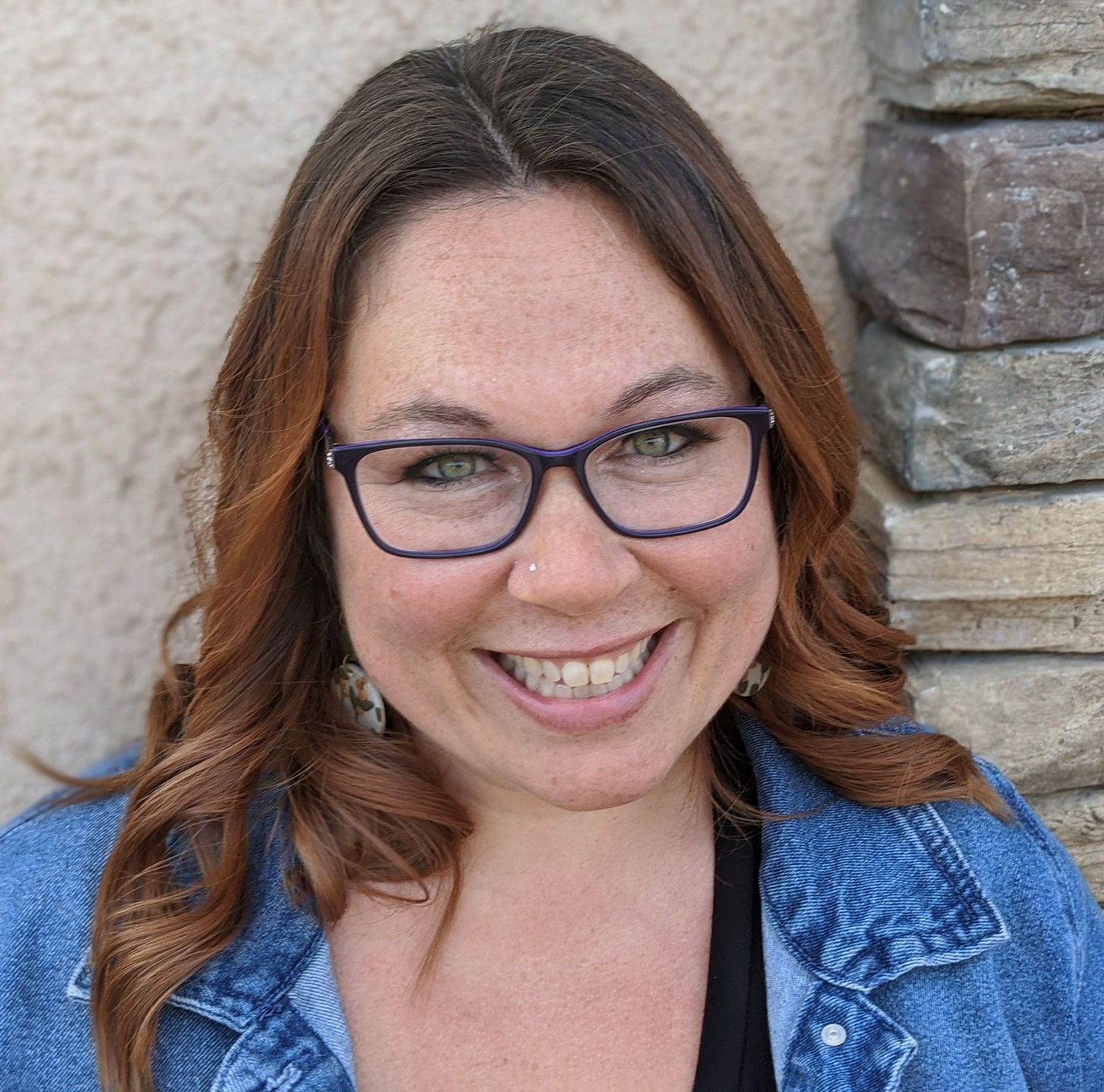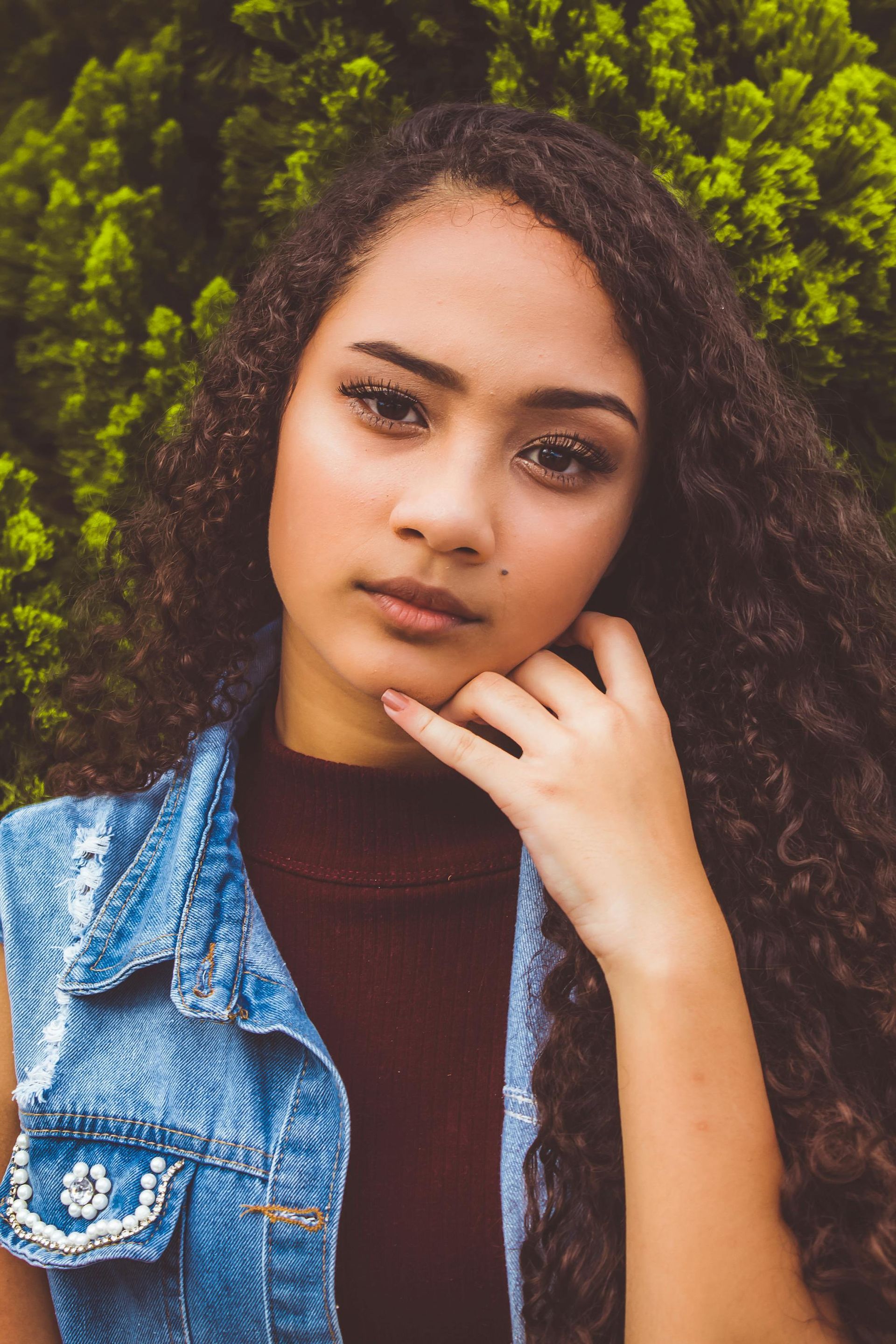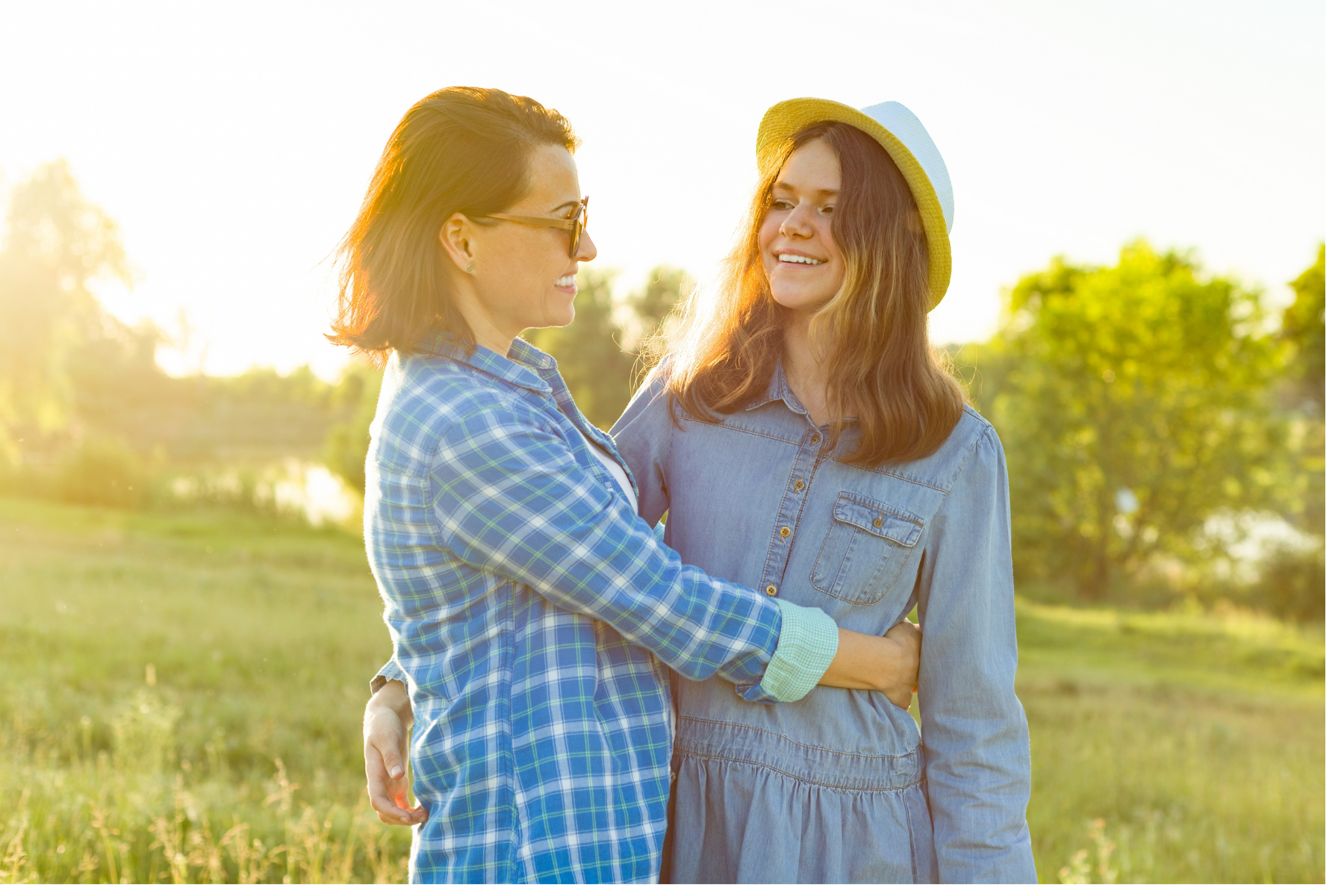The Top 40 Reasons Why Social Emotional Learning is Essential for Kids
You've heard about "social emotional learning" - it's the new buzz phrase in classrooms! As a therapist, I am thrilled to hear that so many classrooms are incorporating more understanding of feelings and emotions in their curriculum. However - I do worry that in the same way that people come out of school hating whatever books they were forced to read - this generation of kids will be turned against emotional intelligence just because they were forced to "learn" about it.
Parents, this makes it even more important that social emotional learning isn't left to just a 30 minute segment once a week at school. It should be a constant and consistent part of daily life!
Here are 40 Reasons why Social Emotional Learning is Important for Kids
Whether you are gearing up for Mental Health Awareness Month, have a classroom full of kids to teach about Social-Emotional Learning, or want a beautiful book to snuggle up next to your own anxious kid with... meet This Is The Head That I Have, written and illustrated by parenting therapist Roya Dedeaux.
Emotional Regulation
- It helps children develop a growth mindset.
- It helps children develop emotional intelligence.
- It promotes self-esteem and self-worth.
- It helps children develop self-regulation skills.
- It helps children manage their stress levels.
- It helps children cope with stress and adversity.
- It helps children learn how to manage and express their emotions in healthy ways.
- It helps children learn how to cope with change and uncertainty.
- It helps children learn how to manage their reactions to difficult situations.
- It helps children develop emotional intelligence.
Social Learning
- It helps children develop positive relationships with their peers and adults.
- It promotes empathy and understanding of others.
- It helps children learn to resolve conflicts peacefully.
- It promotes a positive and inclusive culture.
- It helps children learn how to apologize and make amends.
- It helps children learn how to forgive others.
- It helps children learn how to set boundaries.
- It helps children learn how to listen to and respect others.
- It helps children learn how to work effectively in a group.
- It helps children learn how to negotiate and compromise.
Community & Relationship Learning
- It helps children become more responsible and accountable for their actions.
- It helps children understand and appreciate diversity.
- It helps children learn how to listen to and respect others.
- It helps children learn how to work effectively in a group.
- It helps children learn how to negotiate and compromise.
- It enhances communication skills.
- It helps children learn how to show kindness and compassion towards others.
- It helps children learn how to build and maintain healthy relationships.
- It helps children learn how to express and manage their needs and wants.
- It helps children learn how to advocate for themselves and others.
Future Benefits
- It helps children set and achieve goals.
- It promotes academic success.
- It helps children learn how to manage their resources, time, and prioritize tasks
- It helps children become more self-confident and self-motivated.
- It helps children develop problem-solving skills.
- It helps children learn how to handle disappointments and setbacks.
- It helps children learn how to be resilient in the face of challenges.
- It enhances decision-making skills.
- It promotes physical and mental well-being.
- It helps children develop resiliency and grit.
What are others saying about This Is The Head That I Have?
"It's so beautiful! The first read-through made me cry (in a good way)." Mama reader
"There were so many references to items and animals mixed with feelings...explaining the feelings. I recognized anxiety and fear. It was interesting to relate to things in the story when we didn't know we had those feelings." -12 year old reader
"I absolutely loved the conversations that came as a result of reading this with my daughters. We have found new ways of explaining our big emotions and new ways to get to a place of feeling safe." Mama reader
I hope that kids and adults everywhere see themselves and their feelings somewhere in these pages. Feelings are so hard to talk about, and a lot of us got messages our whole lives about being too intense or too much. I wanted to create a book that WAS intense, colorful, and let you sink into each emotion described. I want to give parents and educators a tool to help talk about feelings with kids -- whether it's through the metaphors and similes in this book, or the feelings the illustrations evoke. I want to give a place to connect all of the chaos and beauty and whirlwind of feelings.
Roya Dedeaux is a Licensed Marriage and Family Therapist with a focus on using creative tools like art, writing, and recreation as a way to help teens and their families who don't quite fit the mold.
Roya’s first book, Connect with Courage: practical ways to release fear and find joy in the places your kids take you is the result of her background in Recreation and Leisure Studies and Marriage and Family Therapy and is the base of her Connect with Courage Parenting Course.
She loves running her private practice, creating art prompts for her
two online art groups, and running games and challenges in the
free Recreate Parenting Facebook community! When she's not doing that, she loves to make messes with her three wild & wonderful kids where they live and play hard in Southern California.

